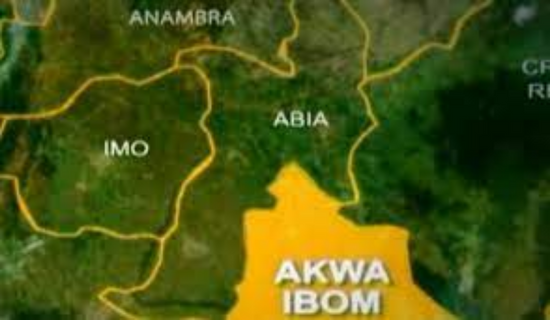The ex-militants of Akwa Ibom State, a major oil-producing region in Nigeria, have voiced their grievances and demands, highlighting their marginalization and the unfulfilled promises of development despite the region’s significant contribution to the nation’s oil wealth. Their primary appeal is for the Federal Government to award them the contract for oil pipeline surveillance in the state, aligning with the local content law designed to empower local communities in resource exploitation. They argue that their intimate knowledge of the terrain and their vested interest in protecting the pipelines make them ideal candidates for this role. Further, they seek active participation in the Host Community Development Trust, a mechanism intended to ensure that oil-producing communities benefit directly from the resource extraction activities in their area.
The ex-militants’ statement underscores the stark contrast between the wealth generated from their land and the persistent poverty and underdevelopment they experience. Despite Akwa Ibom State receiving a substantial share of the 13% derivation fund allocated to oil-producing states, the communities continue to grapple with a lack of basic amenities, soaring unemployment, and environmental degradation resulting from oil spills and gas flaring. They accuse the oil companies, the Niger Delta Development Commission (NDDC), the state government, and the Presidential Amnesty Programme of neglecting their responsibilities towards the ex-militants and the wider community. This perceived abandonment fuels their frustration and reinforces their demand for greater involvement in the management and distribution of resources derived from their land.
The group’s demand for pipeline surveillance contracts is rooted in several compelling arguments. Firstly, it aligns with the principle of local content, which aims to maximize the participation of local communities in economic activities within their territories. Awarding the contract to ex-militants would not only provide them with a legitimate source of livelihood but also empower them to play a direct role in safeguarding the very resources that contribute to the nation’s wealth. Secondly, their familiarity with the local terrain and their historical involvement in the region’s security dynamics give them a unique advantage in effectively monitoring and protecting the pipelines. This expertise can contribute significantly to reducing incidences of pipeline vandalism and oil theft, which plague the Niger Delta region and result in significant economic losses.
The ex-militants’ insistence on active participation in the Host Community Development Trust stems from a deep-seated distrust of existing structures and a desire to ensure transparency and accountability in the management of development funds. They argue that their direct involvement in the Trust’s operations would guarantee that the funds are utilized effectively to address the pressing needs of their communities, including infrastructure development, education, healthcare, and empowerment programs. They believe that their participation would prevent the misappropriation of funds and ensure that development projects are truly community-driven and aligned with the priorities of the people.
The group’s call for increased investment in infrastructure, education, healthcare, and empowerment programs underscores their desire for sustainable development and long-term prosperity in their communities. They recognize that reliance on oil revenues alone is not sustainable and that investing in human capital and infrastructure is essential for diversifying the local economy and creating opportunities for future generations. They also demand strict adherence to environmental regulations to mitigate the devastating impact of oil spills and gas flaring on their environment and livelihoods. Their emphasis on employment opportunities highlights the urgent need to address the crippling unemployment rates in the region and provide meaningful employment opportunities for the youth.
In conclusion, the ex-militants of Akwa Ibom State have presented a compelling case for greater inclusion and empowerment. Their demands for pipeline surveillance contracts and participation in the Host Community Development Trust are not merely requests for handouts but rather a call for recognition, responsibility, and a fair share of the resources derived from their land. Their plea for investment in infrastructure, education, healthcare, and environmental protection reflects their desire for a future where their communities can thrive and prosper, not just as producers of oil wealth, but as active participants in a sustainable and equitable development process. Their grievances highlight the urgent need for the government, oil companies, and other stakeholders to address the historical injustices and marginalization faced by oil-producing communities in the Niger Delta and to work collaboratively towards a future where the benefits of resource extraction are shared equitably and sustainably.


